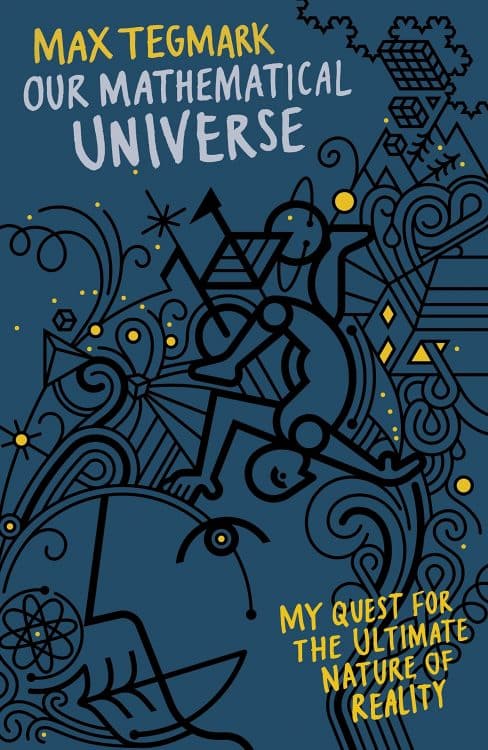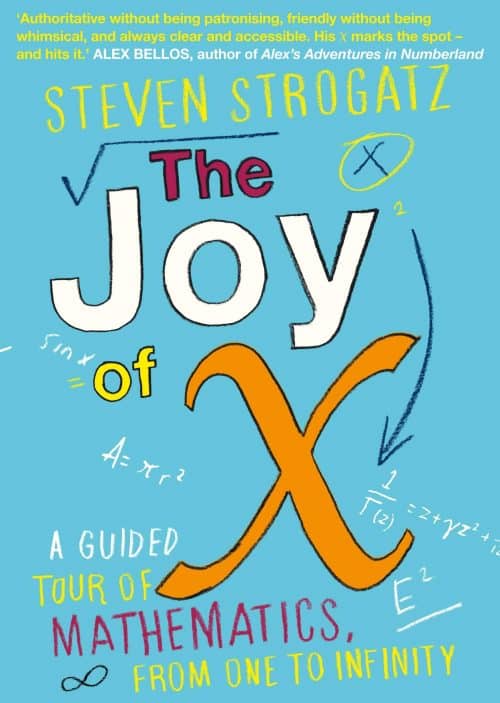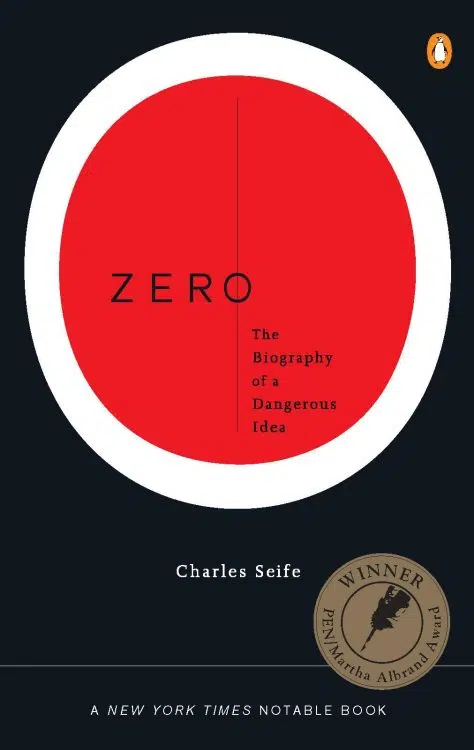Prepare to embark on a captivating journey through the fascinating world of paradoxes with Stanley J. Farlow’s “Paradoxes in Mathematics.” While the title may not fully capture the wide range of intriguing topics covered in this book, Farlow’s curated collection of paradoxes is sure to pique your curiosity.
One of the standout paradoxes explored in this book is “The China Paradox.” Farlow deftly explains why children who dig deep holes in the United States won’t end up in China, but rather find themselves resurfacing in the middle of the Indian Ocean. This paradox, although not as mind-bending as it initially seems, offers an entertaining and diverting fact that will leave you captivated.
Farlow adopts a casual and engaging writing style, making complex mathematical concepts accessible to readers of all levels. Some chapters, such as “Through Cantor’s Looking Glass,” provide excellent introductions to more advanced topics like transfinite cardinals. These chapters will undoubtedly be a valuable resource for educators. Additionally, Paradoxes in Mathematics covers a range of other captivating subjects, including probability, physics, fractals, and more.
While Farlow’s passion for mathematics is evident in the meticulous curation of this book, some chapters may feel familiar to readers well-versed in the subject. However, for younger readers seeking to develop a love for mathematics, this book offers a delightful and stimulating experience. The puzzles and Greek ciphers at the end of each chapter add an extra layer of enjoyment and challenge.
In summary, “Paradoxes in Mathematics” is a labor of love that promises an enjoyable and entertaining exploration of the captivating world of mathematics. Whether you’re a math enthusiast or simply curious about the paradoxes that shape our understanding of this discipline, this book is sure to provide a fresh perspective and ample moments of joy and discovery.
















